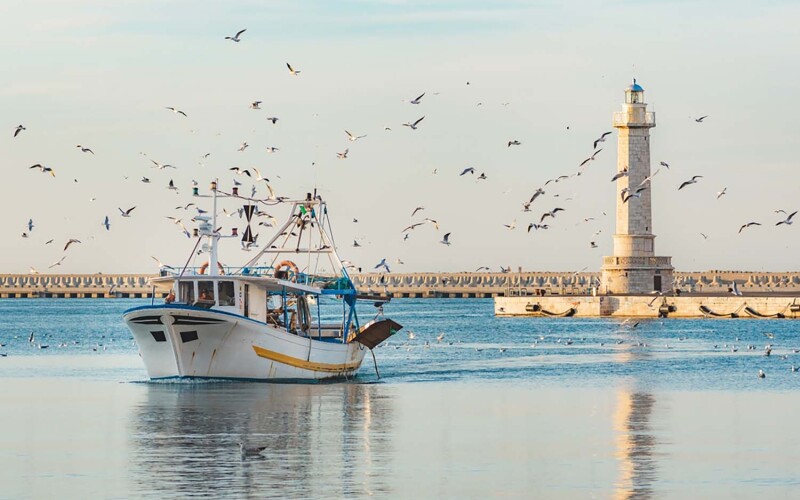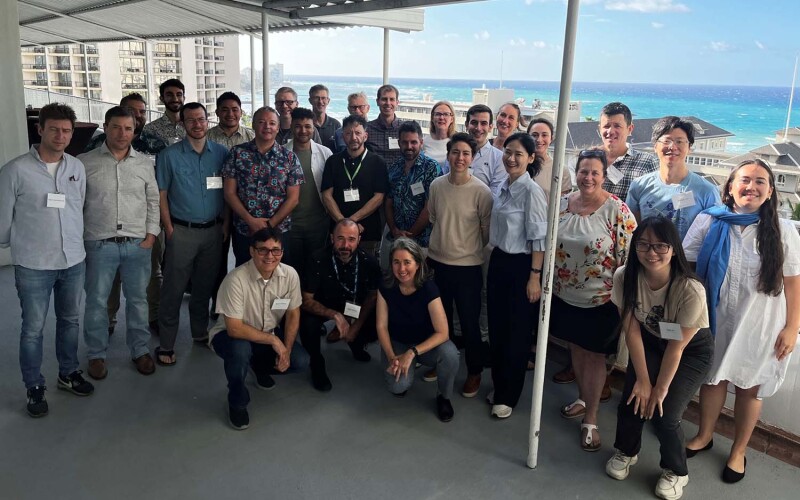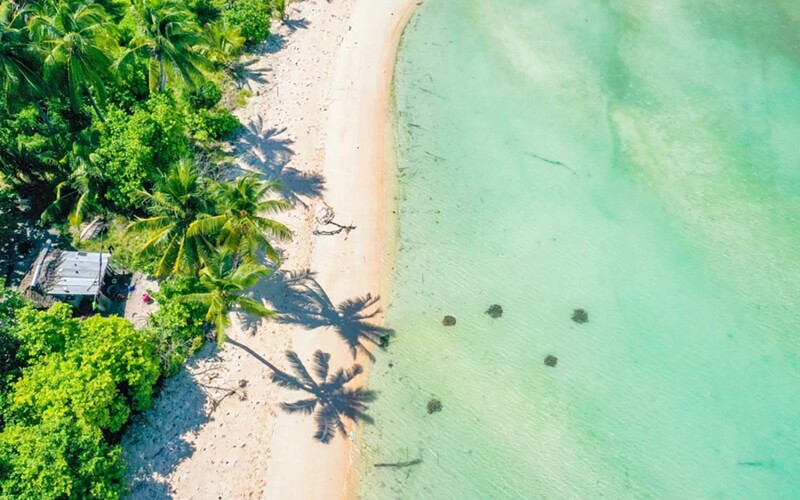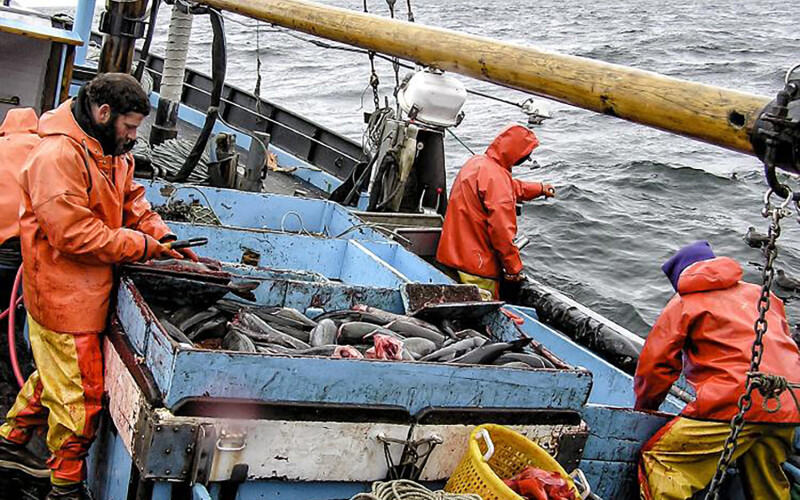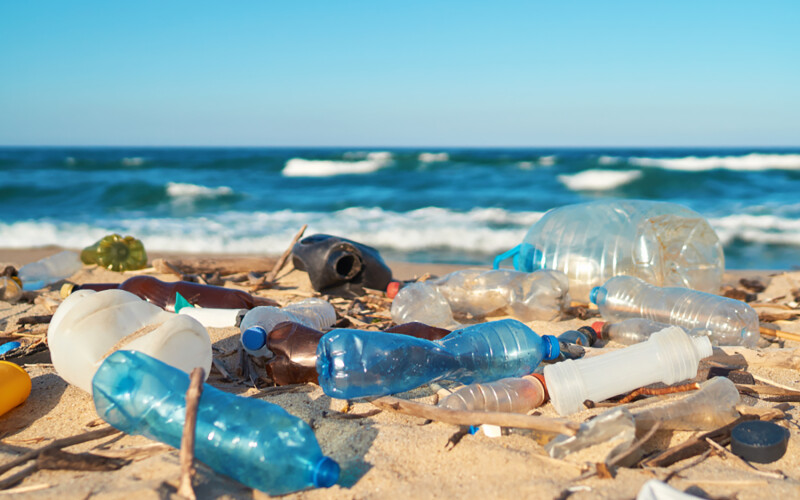Emma Desrochers is a freelance journalist based in Waialua, Hawaii, who writes about fisheries and sustainability. She graduated from Yale University in June 2021 with an undergraduate degree in environmental studies and mechanical engineering. She has contributed to the environmental conservation field through internships located in Ecuador, Thailand, and Hawaii.
Author Archive
Italy and Croatia recently held a summit in Zagreb reaffirming their joint commitment to bilateral relations, at which both sides, among many other items on the agenda, called for the ratification of the exclusive economic zone (EEZ) agreement the countries signed two years ago.
On 24 May 2022, Italy and Croatia signed an agreement delineating the boundary line of the two countries’ EEZs, aiming to permanently regulate the border in line
… Read MoreAhead of the fourth round of United Nations negotiations (INC-4) aiming to create a legally binding Global Plastics Treaty, nearly 30 U.S. environmental organizations representing over 15 states and territories have called on the Biden administration to intensify efforts to combat plastic pollution around the world.
In their letter to the administration, the groups outlined how the U.S. is particularly well-suited to become a leader in plastic
… Read More











